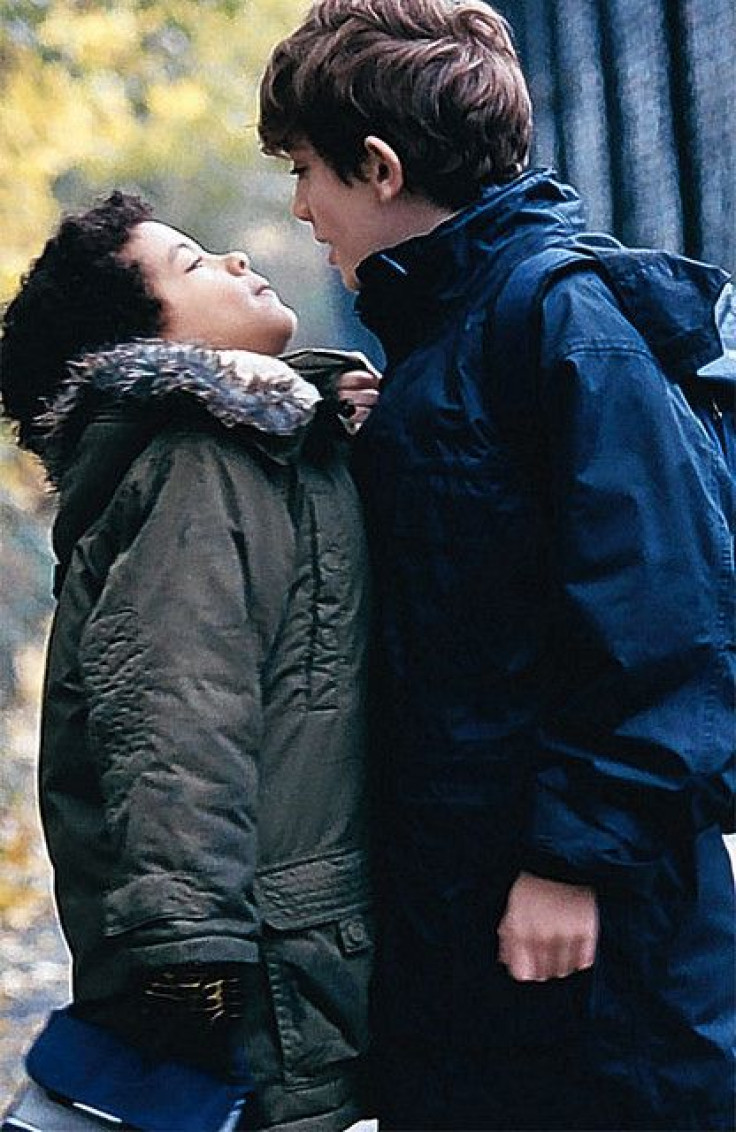Poor Parenting: Overprotective Parents Put Kids At Risk Of Being Bullied

In bullying prevention, the onus has generally been divided among parents, children and schools, but a new study suggests that a heavier load be placed on parents with poor rearing skills, including being overprotective.
"The long shadow of bullying falls well beyond the school playground - it has lasting and profound effects into adulthood," said Dieter Wolke, lead author and psychology professor from the University of Warwick. "We know that victims and bully-victims are more likely to develop physical health problems, suffer from anxiety and depression and are also at increased risk of self-harm and suicide."
Researchers performed 70 studies on more than 200,000 children. Based on the final meta-analysis, they found that children who were negatively raised through abuse, neglect and even overprotection were more likely to experience bullying by their peers.
"Although parental involvement, support and high supervision decrease the chances of children being involved in bullying, for victims overprotection increased this risk," Wolke said. "Children need support but some parents try to buffer their children from all negative experiences. In the process, they prevent their children from learning ways of dealing with bullies and make them more vulnerable."
Childhood bullying has been a growing problem in schools. Cyber bullying, in particular, has gained significant attention within the past few years. Most notably the suicide of Tyler Clementi, an 18-year-old Rutgers University student who had his romantic encounter with a man streamed online by his roommate, prompted lawmakers and schools to take action.
"It is vital we understand more about the factors linked to bullying in order to reduce the burden it places on the affected children and society," Wolke said. "People often assume bullying is a problem for schools alone but it's clear from this study that parents also have a very important role to play."
Wolke recommends implementing anti-bullying programs within families, not just schools, to promote better parenting practices that emphasize "warmth, affection, communication and support."
According to one study, poor parenting could be a result of poverty and social exclusion; both are issues that could be improved through public health programs that meet their needs.
In the United States, about one-fourth of students from grades six to 10 report they are bullied or harassed in school either because of race, ethnicity, gender, religion, sexual orientation or disability. Currently, bullying laws are enforced in 45 states, with legislation recently passing in New York and Michigan. New Jersey, following Clementi's death, introduced a new law training schools to address bullying and harassment and offering programs on suicide prevention.
This study can be found in the journal Child Abuse & Neglect.



























